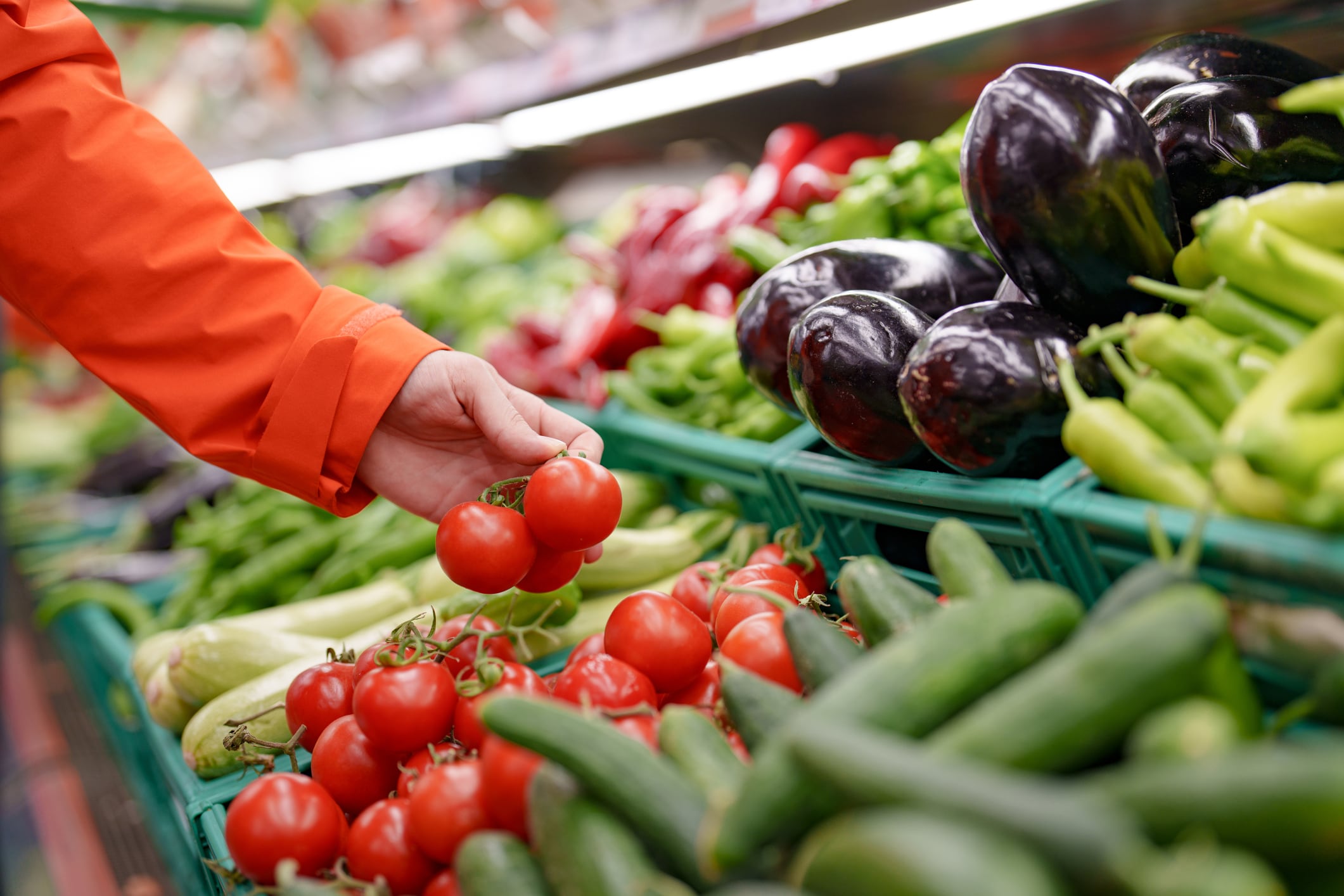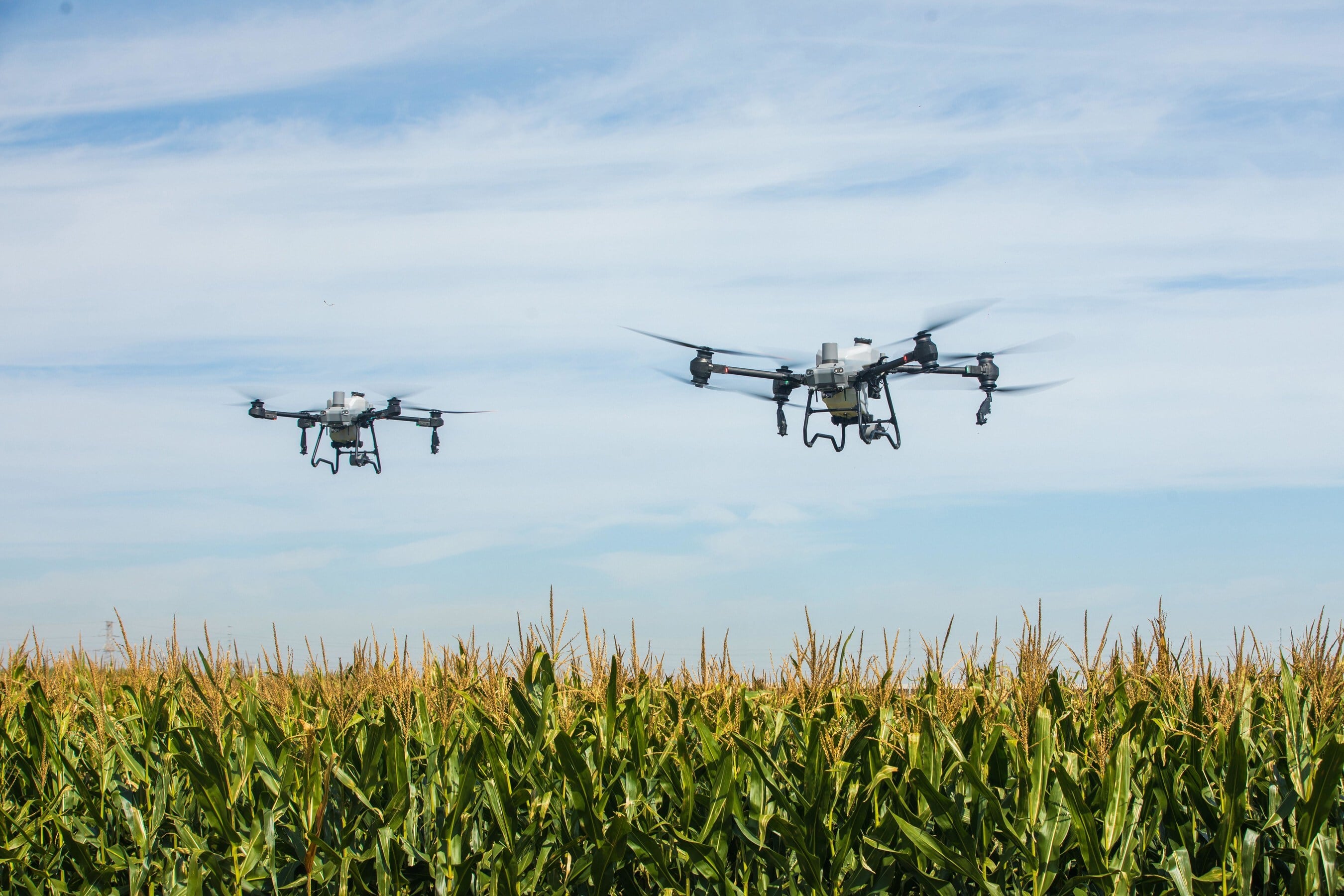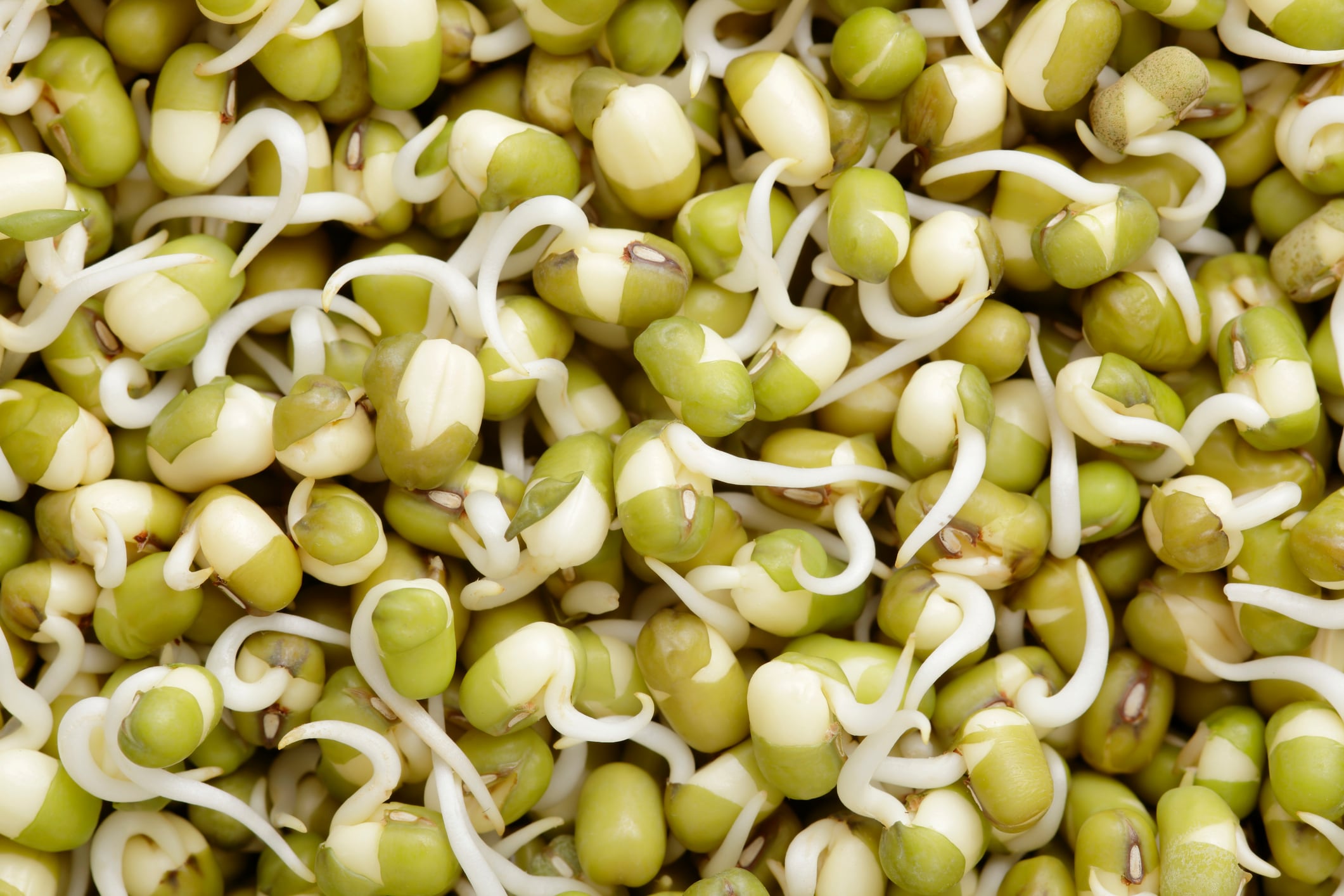The Queensland Government has a strategic focus on agricultural innovation to drive sustainable and productive farming and is emerging as a leader in the space.
“Developing and growing Queensland’s agtech industry is a core aim of this Government. We are committed to increasing on-farm productivity and profitability and believe technology and innovation are the way we will do it,” said Tony Perrett, Queensland Minister for Primary Industries.
The Australian state has laid out a clear target to significantly increase the value of agriculture, fisheries, and forestry over the next five years.
“The Queensland Government has set a bold ambition for growing the value of our state’s primary industries to A$30 billion by 2030,” said Perrett.
Embracing and investing into agtech will be necessary to stay competitive on the world stage.
It can also turn the state’s biggest challenges into its greatest opportunities.
“Queensland is unique, and on the flip side of our key strengths are challenges. The vast landscape, while an opportunity, can be challenging to manage. A smaller population also means a smaller workforce to draw from. These challenges can often be overcome by creating and adopting agtech,” said Perrett.
Queensland’s agriculture sector, with a production value, of A$22.66bn is undergoing a transformation fuelled by innovation, investment, and collaboration.
“We are investing in research and development and have become world-leading through our Queensland Smart Farms, which collaborate with industry to trail and demonstrate robotics, autonomous vehicles, protected cropping systems, and digital farm tools to increase productivity,” said Perrett.
“The gains we have made in agtech have been responsible for boosting productivity while reducing input costs, but we aren’t stopping here. We are committed to continuing to adapt and develop further.”
The Queensland Government has committed to primary industries a A$30m ‘Sowing the Seeds’ innovation fund – its first innovation fund.
Supporting local start-ups
One of the Queensland start-ups gaining recognition globally include First Nations company, Rainstick.
It combines ancient Indigenous Australian wisdom with modern technology to improve global food security.
Rainstick has created a seed treatment built on a 10,000-year-old practice borne of the positive effects of lightning strikes on the way plants grow.
By treating seeds with Variable Electric Field Treatment (VEFt), they’re revolutionising crop growth by using bioelectricity to enhance seed resilience and yield, while reducing environmental impact.
Another start-up is Genics, which provides advanced diagnostic solutions to detect diseases in shrimp and other seafood for early intervention.
This technology is now being extended to pork and other industries as well.
Asia: A key opportunity
To achieve its 2030 ambitions, trade opportunities with its Asian neighbours are critical for the agriculture sector, said Perrett.
“Queensland primary producers are right on Asia’s doorstep, which means our products can hit your plates much faster and much fresher than many other markets. To be harvested in Queensland in the morning and be on plates for dinner in Asia means our produce is enjoyed by our customers at its freshest, with a longer shelf life and maximum taste and nutrition.”
According to the state’s Department of Primary Industries, Australia’s proximity to Asia, land at scale, low sovereign risk, counter-seasonal production and tropical and subtropical climate provide major opportunities for Queenslands’s agribusiness.
Demand for Australian produce and products continues to be high across Asia.
Japan, for instance, is the state’s fourth-largest agricultural export market, valued at $1.65 billion, with exports such as beef (A$1.39bn), cereals (A$45.9bn) and fruit and vegetables (A$36.9bn).“Queensland produce and products are top quality; that standard follows right through the agricultural system from the soil and the seeds to what is served on a plate,” said Perrett.
“We have an abundance of land; there’s almost five times more land in our state than in the whole of Japan. This land is environmentally exceptional; our growing, harvesting, and processing standards are some of the best in the world, and discerning consumers who want the best can tell - I believe that’s why the Asian market is drawn to Queensland’s premium produce.”
Queensland is also home to almost half of Australia’s beef herd, a key export to Asia.
Japan is Queensland’s second-largest beef trading partner and Queensland’s largest agricultural export to South Korea is beef, valued at A$1.65bn.
Recently, Queensland food and agricultural products featured at Queensland Day Celebration at the Australia Pavilion at World Expo 2025 in Osaka, Japan.
While the Asian markets are key, Queensland is casting a broader, global net to increase its resilience.
“Queensland is a trading state, given its ability to supply. We take a diversified approach to supply various markets from our mature trade relationships with Japan, Korea, China, the US – to emerging markets in ASEAN countries, India, the Middle East, and Pacific Nations,” said Perrett.
Accelerating ag investments
Brisbane, Queensland is set to host the Global AgInvesting Conference in June 2026.
Minister for Finance, Trade, Employment and Training Ros Bates said the event would be a great opportunity to help Queensland continue to diversify its trade options.
“Having Global AgInvesting on our doorstep will create a vital opportunity to maintain close links with our various trade networks as we focus on remaining agile in the trade space,” said Bates.
“This event will also give us a chance to remind our partners that our core trade values of stability, certainty and growth make Queensland a great place to invest.”
Perette added: “Queensland primary production is a promising investment opportunity. Our farm, businesses, and operations have the potential to scale up with an abundance of land, water, and a government at the helm that provides a secure trading environment for investors and is focused on supporting the sector to become more profitable.”





